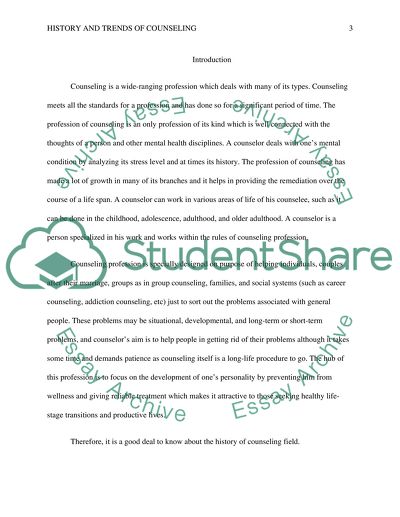Cite this document
(“History and trends in counseling Research Paper”, n.d.)
History and trends in counseling Research Paper. Retrieved from https://studentshare.org/psychology/1400412-history-and-trends-in-counseling
History and trends in counseling Research Paper. Retrieved from https://studentshare.org/psychology/1400412-history-and-trends-in-counseling
(History and Trends in Counseling Research Paper)
History and Trends in Counseling Research Paper. https://studentshare.org/psychology/1400412-history-and-trends-in-counseling.
History and Trends in Counseling Research Paper. https://studentshare.org/psychology/1400412-history-and-trends-in-counseling.
“History and Trends in Counseling Research Paper”, n.d. https://studentshare.org/psychology/1400412-history-and-trends-in-counseling.


